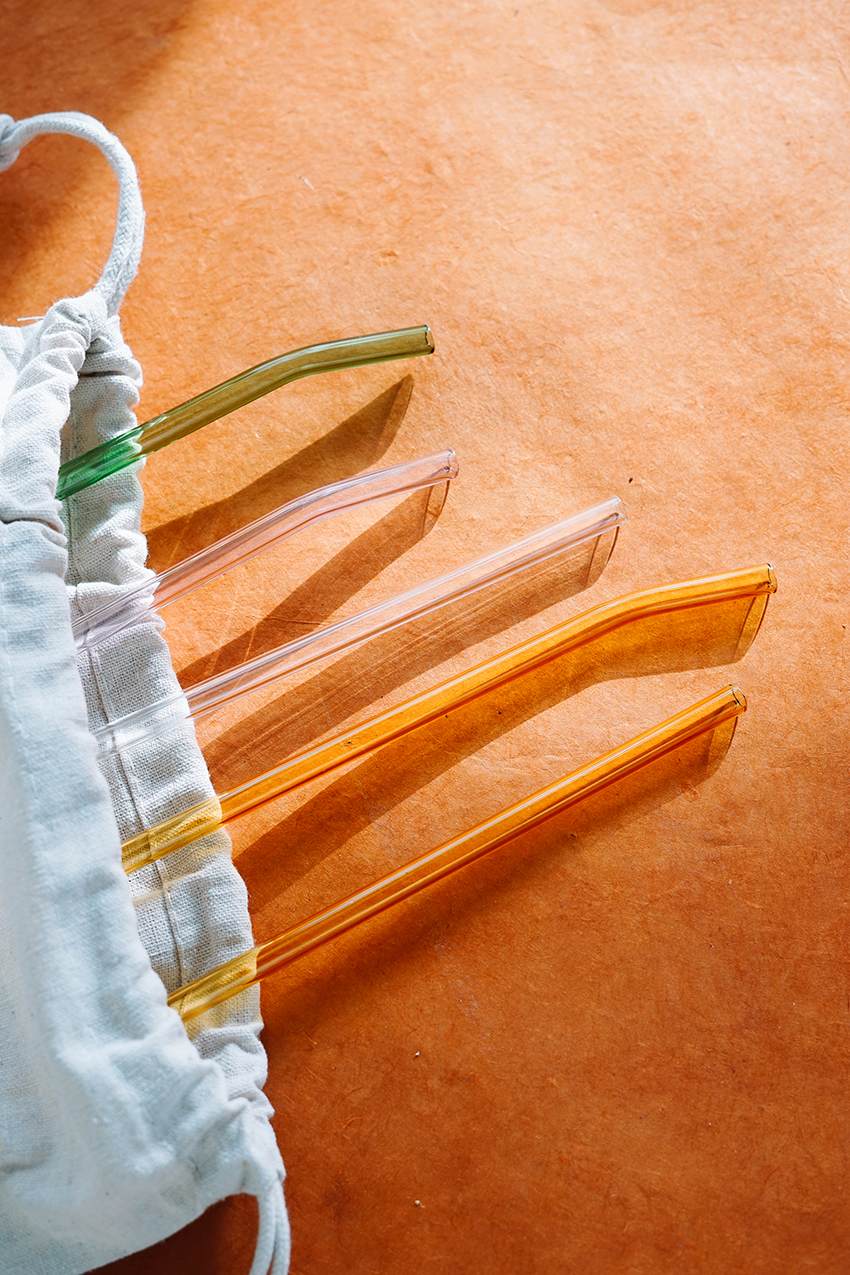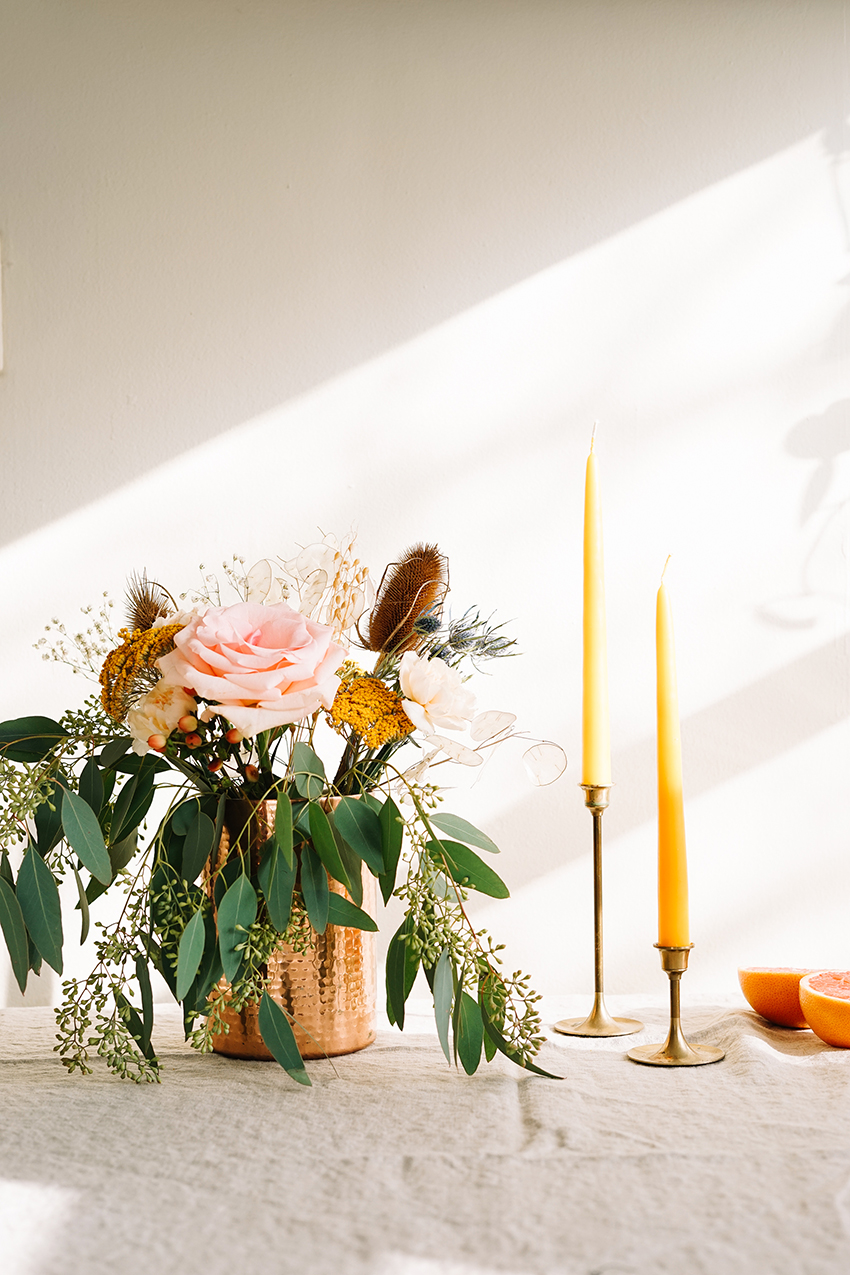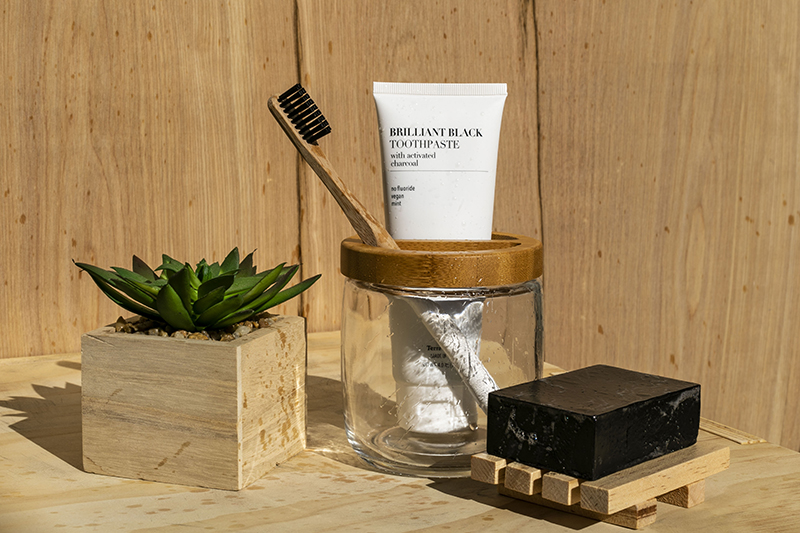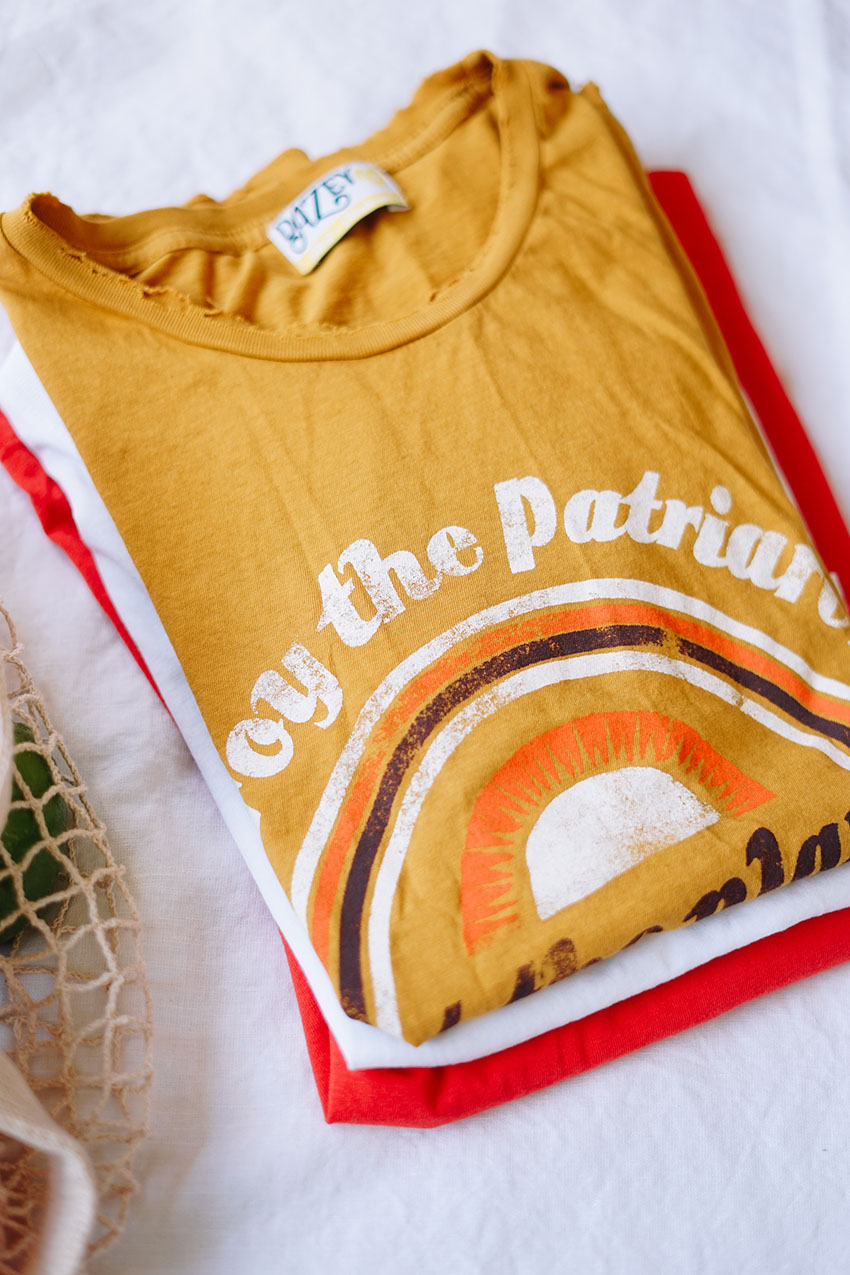In honor of Earth Day, we’ve compiled some of our favorite easy ways to reduce your impact. Hopefully with all of the Earth Day posts, National Parks Week, and Fashion Revolution going on, you’ll feel just as inspired as us to make a difference. We all have to start somewhere and there is no shame in saying, I haven’t done any of these, but I’m going to start. My fave is #1—I go on walks everyday so I’m going to make it a point to pick up at least one piece of trash each day. Let us know what ... Read More
What Chasing a Napkin Down a California Beach Taught Me About The Landfill, Storytelling, and Lifelong Learning
One warm weekday a couple years ago, before my reusable-napkin-packing-days, I set out for a morning at the beach. I brought along the usual accessories: coffee, notebook, blanket—everything a writer in search of solitude (AKA, a good place to nap under the guise of sparking inspiration) might bring. I’d also gotten a pastry at a local café, which came along with a brown paper napkin. I set up camp, finished my snack, and low-and-behold—a nice big breeze washed over me, and sent that thin paper ... Read More
Top 3 Myths About Sustainable Interior Design, Busted
For us, green living isn't just about how to reduce your home's footprint. It's about finding ways to live in alignment with our environment in the warmest, most comforting and inspiring ways. Today we've got eco-friendly designer Holly of Holly Durocher Design chatting about all things sustainable interior design. Whether you're a homeowner, renter, renovator, DIYer, or simply interested in the ways we can all add a little more "green" to our living spaces, I think you'll find these three myths ... Read More
Eco Friendly Dental Floss Should Be Your Next Zero Waste Purchase
If you haven't asked your friends on social media about their own favorite sustainable brands, put it on your to-do for after you read and pin this post. That's how I found out about natural and organic oral care brand Terra & Co, which is run by two sisters on a mission to create natural, non-toxic and cruelty-free products such as biodegradable floss. Their story is impressive—from their beginnings amidst war in Bosnia to managing beauty startups in LA to building a company while living on ... Read More
How to Create a Sustainable Fashion Budget
One of the biggest challenges the sustainable fashion industry faces is price point. For one, if you were able to buy sustainably made clothing for cheap or cheaper than the alternative, the debate would fizzle out. It’s of course necessary for ethical fashion to cost more even to exist, but personal budget comes before all else. We can’t buy sustainable fashion if we can’t afford sustainable fashion, right? Just becoming conscious of the difference is a big step. You’re probably willing to ... Read More
Fashion & Textile Designer Sivan Ilan: What It Means to be a Value-Driven Designer
Introducing our new friend, multidisciplinary designer Sivan Ilan based in Philadelphia. Art, fashion, and textile design all intersect in her work, which ranges from weavings made from textile waste to a collection of hand-embroidered fashion made from upcycled designer denim and so much more. As an artist and designer, she's driven by her values of mindfulness, community, and environmental responsibility, and considers them from beginning to end in her process. If you're looking for insight on ... Read More






